
On October 23rd 2021, the Thirty-First Meeting of the Standing Committee of the Thirteenth National People’s Congress voted and passed the Family Education Promotion Law of the People’s Republic of China, putting forward new requirements and norms for government, society and schools for the promotion of family education. The enactment of the Promotion Law triggered lively discussions on the Internet among people from all walks of life.
In order to actively publicise and implement the Family Education Promotion Law, on the 7th November 2021 the Education and Training Center at BNU hosted an expert-led interpretation of the Family Education Promotion Law, with the theme of “Shared Responsibility of Education”. The large-scale live broadcast of this online panel event had over 400,000 views across multiple platforms
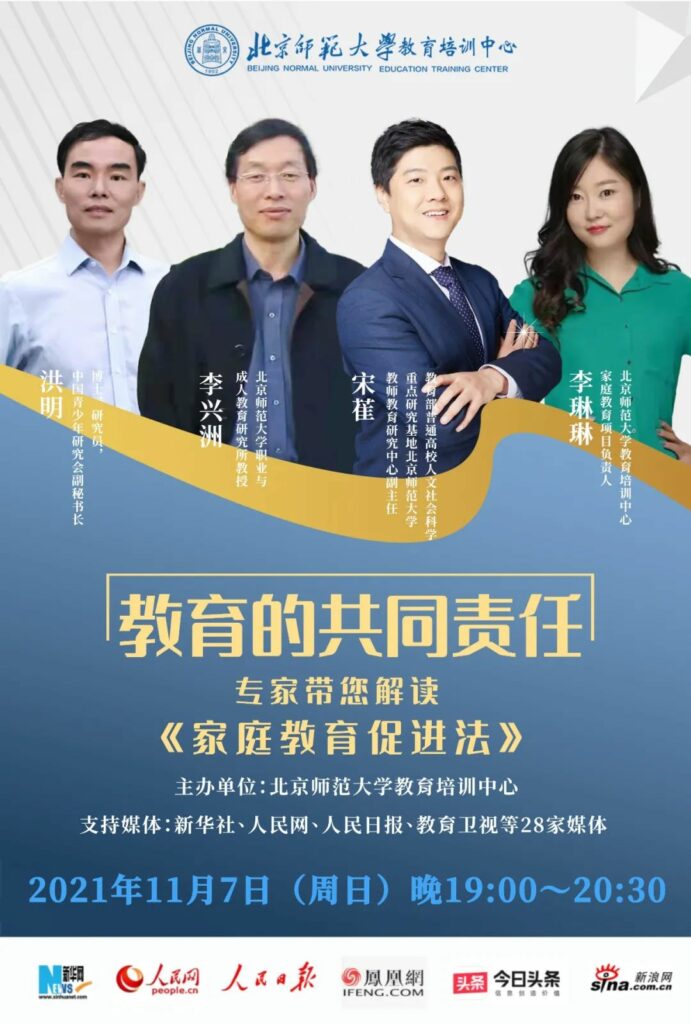
The experts invited were: Dr. Hong Ming, deputy director of the Science and Management Department of the China Youth Research Center; Professor Song Huan of the Faculty of Education of BNU and director of the Institute of Teacher Education; and Professor Li Xingzhou of the Institute of Vocational and Adult Education of BNU.
The three perspectives of “policies and regulations”, “discipline construction” and “professional training” provided in-depth interpretation of the Family Education Promotion Law for school teachers, parents, institutions and government staff who are concerned about family education. This event was hosted by Ms Li Linlin, Head of the Family Education Project of BNU Education Training Center.
(See full article in original Chinese format here: https://i.ifeng.com/c/8B22NUGu3YW)
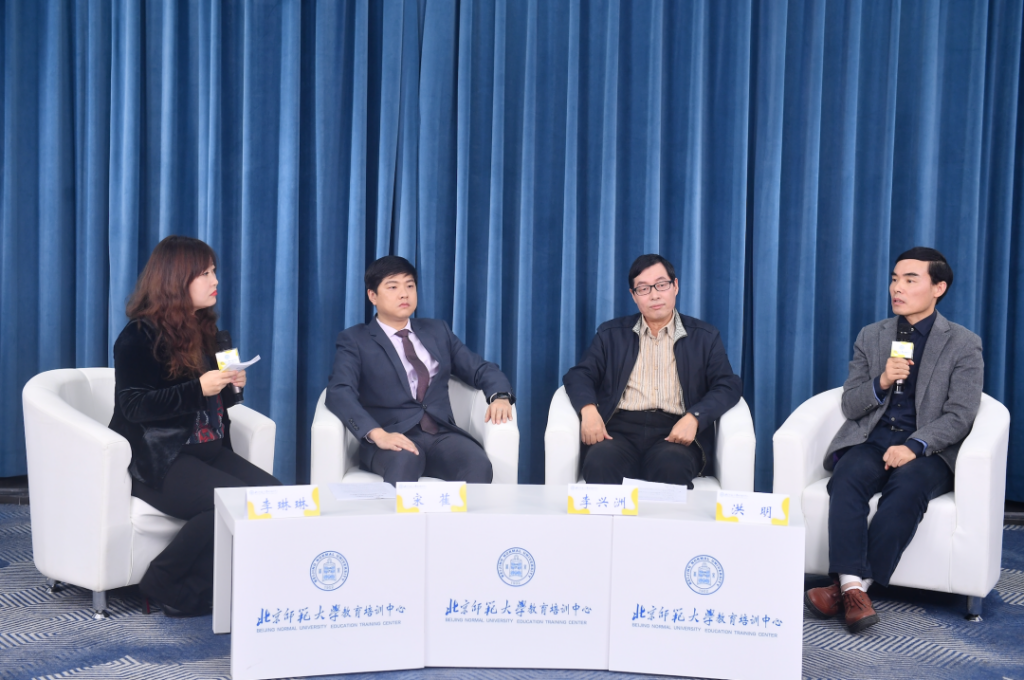
POLICIES AND REGULATIONS — From the perspective of policy interpretation, Dr. Hong Ming analysed the legislative background, positioning and functions of the Family Education Promotion Law. Dr. Hong Ming believes that this is the first time that the country’s highest authority has regulated family education and family education guidance in the form of legislation.
In conjunction with the “double reduction” policy recently released in July (reducing out-of-school tutoring and school homework loads), the fundamental purpose of the country’s intensive promulgation of laws related to family education is to fully implement the party’s education policy and implement the fundamentals of “building morality and cultivating people.” The task is to return education to its true state, and cultivate socialist modernisation builders and successors with comprehensive development of moral, intellectual, physical, and artistic abilities.
He believes that the promulgation of the Family Education Promotion Law is a big event that has been anticipated for many years. This is the need for the healthy development of family education, the need to promote the collaborative education of the family, school and community, and the need to improve China’s education policy and legal system.
The Family Education Promotion Law has two meanings: 1) it means family education content have laws to follow. The Promotion Law clearly answers the important questions of what family education is, what to teach, and how to teach. 2) Family education related work has laws to follow. The Promotion Law stipulates the roles of the government, education, women’s federations and other relevant departments in family education, so that there is a clear law for the construction of a cooperative education system for the whole society. The Promotion Law created a milestone in the history of family education in China.
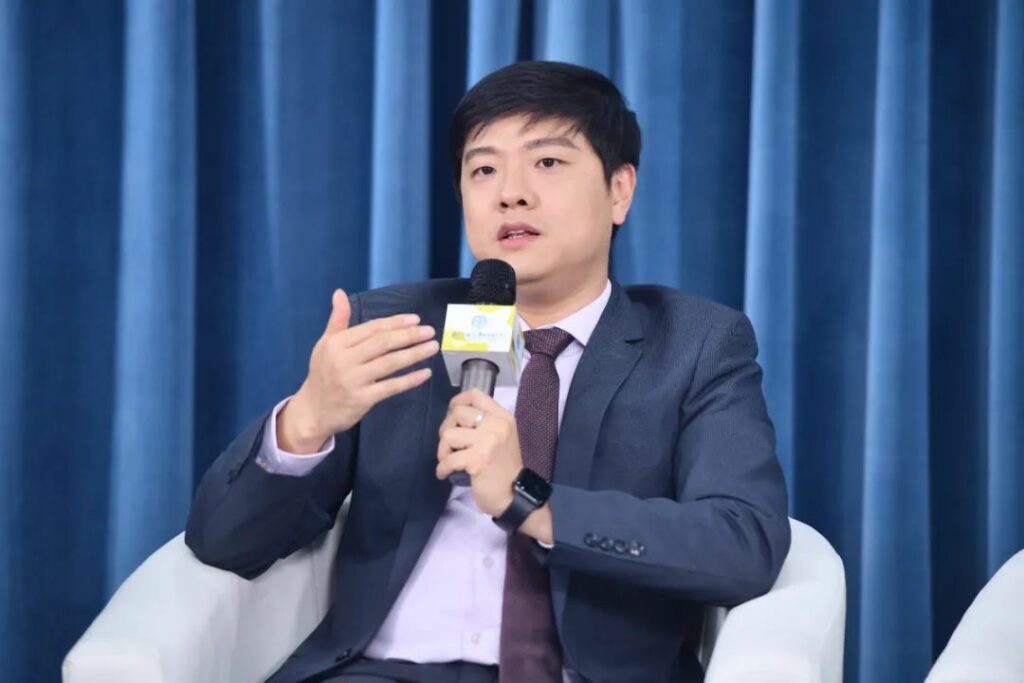
DISCIPLINE CONSTRUCTION — From the perspective of discipline construction, Professor Song Huan explained the position and role of colleges and universities in the promotion of family education. He believes that colleges and universities have an inescapable responsibility in the education and support of the entire family. These institutions are a place for talent training, and at the same time place of knowledge construction.
The academic expenditure on family education in colleges and universities should include three aspects: 1) improve the construction of family education related disciplines, clarify and systematically build the basic principles, understandings and concepts of family education; 2) promote personnel training, including family education researchers and professionals; 3) transform research results into teacher training, and support communities and institutions to make family education and guidance work professionally and smoothly.
PROFESSIONAL TRAINING — From the perspective of training of professionals in the family education industry, Professor Li Xingzhou gave his own insights on the cultivation of professionals in the family education industry and industry construction. He believes that the market for family education is very large. At present, all walks of life in society are paying attention, and there are many organisations and individuals that are or hope to carry out this work. However, “who” is engaged in family education-related work is very important, and it is also particularly emphasised by the Family Education Promotion Law.
Family education is a professional field that requires professionals to do it. It cannot be done by simply setting up an institution and organising several trainings. For children, especially infants and toddlers, are in the initial stage of growth. If the education at this stage is unprofessional, it will have a very negative impact. He said that the training of family education professionals should emphasise standardisation and professionalism. “Standardisation” refers to the cultivation of professionals based on the research and discipline construction related to family education in colleges and universities. “Professionalism” does not only mean that practitioners have to have relevant professional knowledge, but also have the corresponding ability and professional management skills.
The three experts also discussed the relationship between the Family Education Promotion Law and the “Double Reduction” policy, what is the essential connotation of family education, and how to make better use of the synergy of home, school, and society to form a joint force for better education all-round.
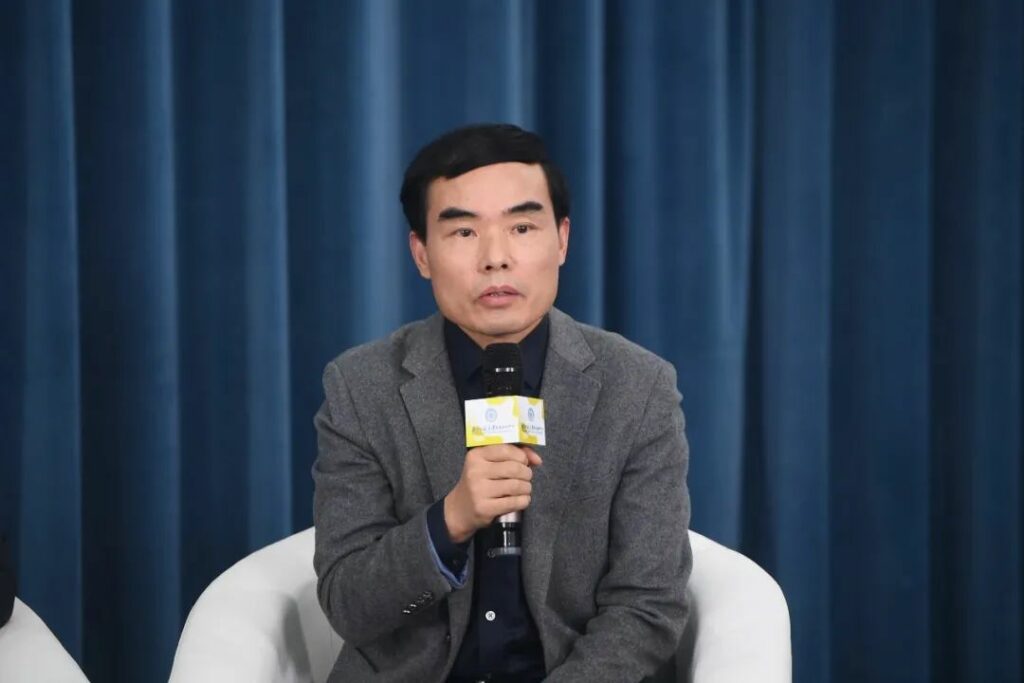
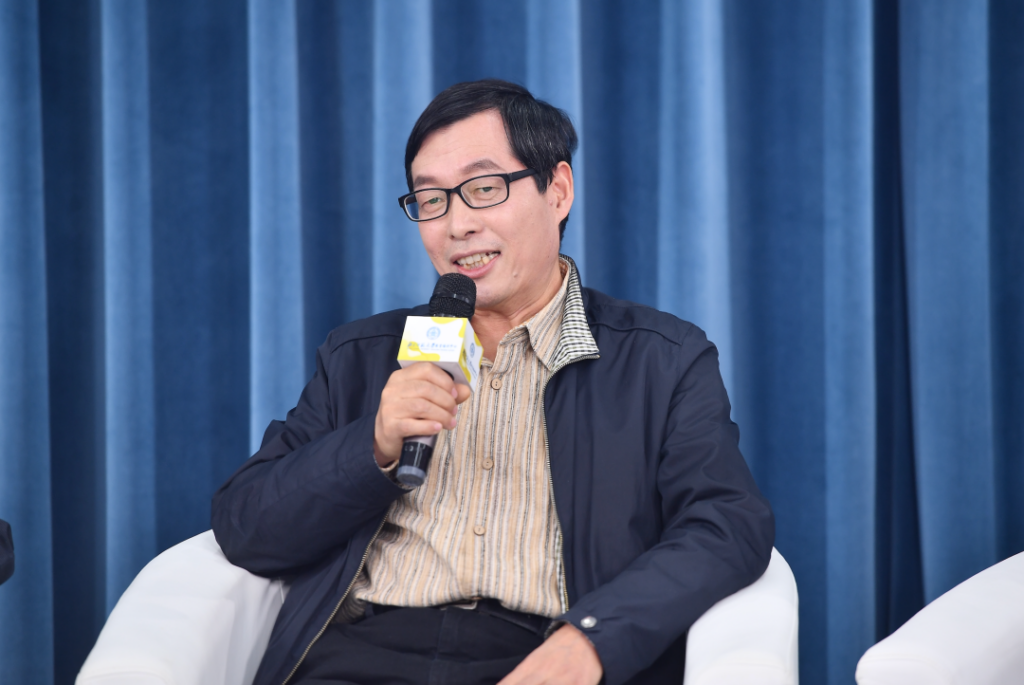
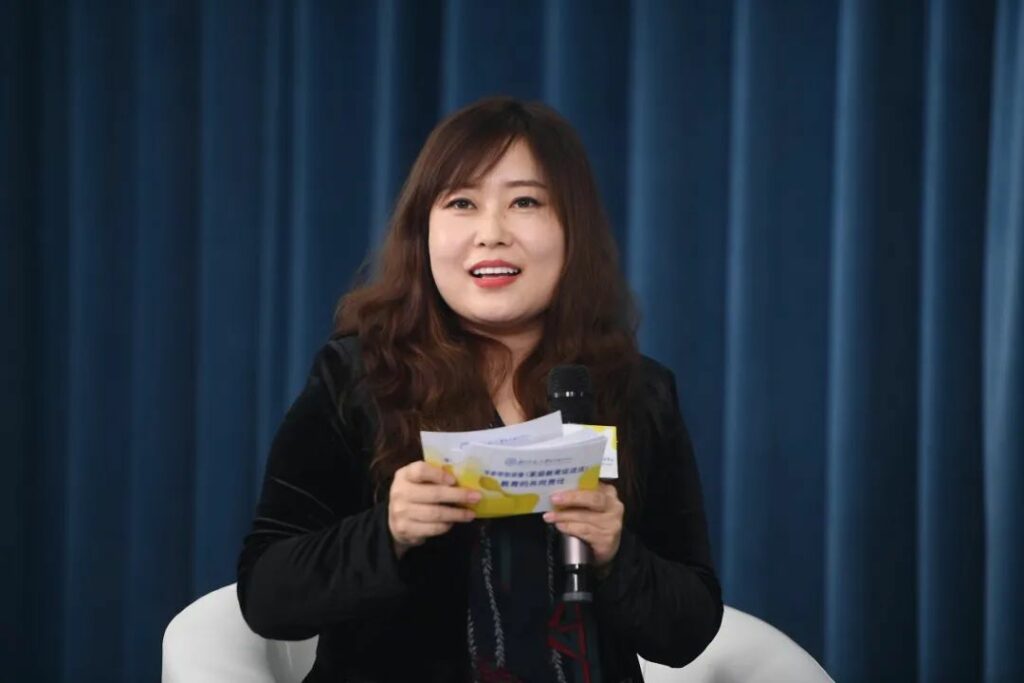
INTERACTIVE Q&A — On behalf of parents, the host Li Linlin asked how, as an ordinary parent, can she actively respond to the new policy directions and achieve “raising children in accordance with the law”? Parents raise their children because of family affection. Why do we need to formulate laws to regulate it?
First of all, the “Double Reduction” policy and the Family Education Promotion Law put forward higher requirements for parents to implement family education. Family education should return to the essence of education like school education, respect the law of children’s physical and mental development. Family education is no longer simply an extracurricular subject, no longer a supplement to school education, and parents should no longer rely on sending children to tutoring classes, but instead truly integrate education into life and establish an integrated educational environment for children. Secondly, for the education of children in some families with special circumstances, more specific safeguards have been proposed. For example, parents should give priority to their children’s rights during the process of divorce and when they work away from home, and use multiple methods to carry out their own parenting responsibilities.
The panel was successfully completed in a warm atmosphere. The live broadcast was watched by more than 400,000 people, including primary and secondary school principals, teachers, institutional staff, parents and government workers. Everyone said that after expert interpretation, they have a deeper understanding of the Family Education Promotion Law, and would think carefully about what role they play in the promotion of family education.
(Sources: BNU Education and Training Centre; Phoenix New Media)
For more on the “double reduction” policy: https://www.globaltimes.cn/page/202109/1233123.shtml)

